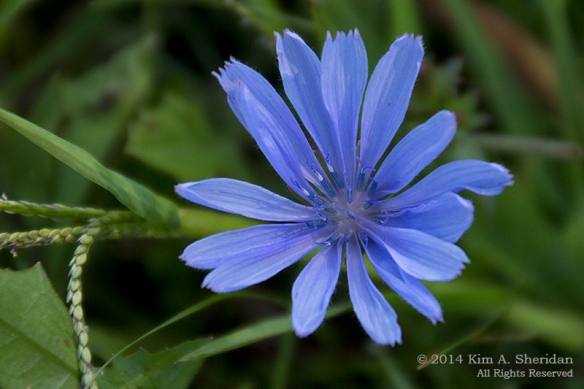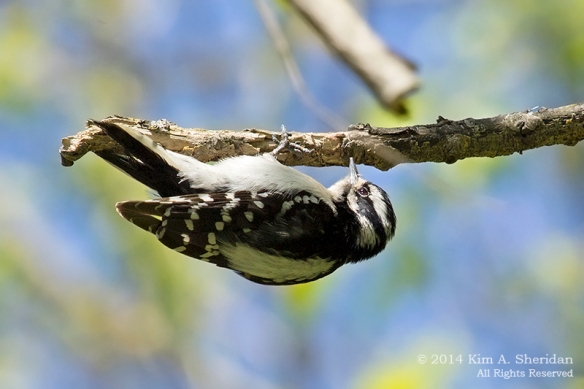 No cathedral built by man could match the majesty of this forest sanctuary.
No cathedral built by man could match the majesty of this forest sanctuary.
 Rugged russet trunks rise straight and true to the arched ceiling of deep verdant green.
Rugged russet trunks rise straight and true to the arched ceiling of deep verdant green.
All is hushed but for the small rustlings of squirrel and chipmunk congregants below, and the whisperings of the wind in the pines that tower above.
 The floor is laid, not with stone, but lush ferns and wildflowers. Where some old giant has fallen, light streams through the canopy as through stained glass. Porcupines, pine martens and bears have all walked the aisles of this forest older than time.
The floor is laid, not with stone, but lush ferns and wildflowers. Where some old giant has fallen, light streams through the canopy as through stained glass. Porcupines, pine martens and bears have all walked the aisles of this forest older than time.
The air is still, the mood solemn, the spirit mysterious, eerie, primeval.
 Once upon a time, pine forests covered 10 million acres of the North Country. Now only small remnants remain. This 49 acre old growth white pine forest endures at Hartwick Pines State Park in Michigan.
Once upon a time, pine forests covered 10 million acres of the North Country. Now only small remnants remain. This 49 acre old growth white pine forest endures at Hartwick Pines State Park in Michigan.
The pines here are thought to be over 300 years old, stand 120 feet or more, and may reach four feet in diameter at breast height. Eastern hemlocks and red pines attend these kings. Below them is a shaded understory so dark, it seems eternally twilight.
 At the edges, where maples and beeches mingle with the pines, rests a small chapel.
At the edges, where maples and beeches mingle with the pines, rests a small chapel.
A church within a church.
Quaint and cozy, yet somehow superfluous.
Are not the pines themselves enough to inspire reverence in such a setting?
Must people seek the Creator within walls while all of Creation stands without?
 Step from the forest cathedral, and other mysteries beckon the soul.
Step from the forest cathedral, and other mysteries beckon the soul.
This dirt road, for instance.
Don’t you want to know what’s around the next bend?
Let’s see what we can find.
 The Au Sable River meanders its way through wetlands and woods, singing a soft hymn as it goes.
The Au Sable River meanders its way through wetlands and woods, singing a soft hymn as it goes.
 Two very different dragonflies share a pew.
Two very different dragonflies share a pew.
 A Northern Crescent butterfly preaches from a sunflower lectern.
A Northern Crescent butterfly preaches from a sunflower lectern.

A choir of brightly cloaked angels.
 Glory, Glory, Hallelujah!
Glory, Glory, Hallelujah!
Glory Lake reflects the glory of northern Michigan in the colors of azure sky, cobalt water, and emerald pines. At the top of a tall tree nearby perches an Osprey, looking for prey.
Glory Lake, and its sister, Bright Lake, are kettle ponds formed during Michigan’s glacier period. Ice blocks that broke off from the glaciers formed depressions that filled with water after the glaciers retreated.
 A trail leads from the ponds into a diverse woodland.
A trail leads from the ponds into a diverse woodland.
Besides the aspen at left, there are white, red and jack pines.
Spruce, hemlock, and cedar.
Beech, maple and oak trees.
Shrubs, ferns, wildflowers, and a potpourri of plants are also abundant.
It’s a botanist’s dream.

Behold! – Lycopodium!
These are club mosses, but don’t be fooled by that name. They are not true mosses at all, but vascular plants.
Like teeny tiny Christmas trees a few inches high, they bring joy to those who spot them.
These little plants are much favored by the true of heart.
 At trail’s end, a quiet spot for contemplation. From towering pine trees to miniscule club mosses, ferocious dragonflies to gentle butterflies, the mysteries of the land inspire reverence and wonder.
At trail’s end, a quiet spot for contemplation. From towering pine trees to miniscule club mosses, ferocious dragonflies to gentle butterflies, the mysteries of the land inspire reverence and wonder.
May Nature’s blessings be with you all. Go in peace.
 Well, this is embarrassing. My last blog post was on August 14: bees hard at work in the blazing sun. Now it’s Thanksgiving. The trees are mostly bare, the ground is mostly covered with leaves. Chilly winds whip dark clouds across the sky, easing from time to time to let woodsmoke tickle the nose. Life is full of turkey anticipation, apple cider wishes, and pumpkin-spice everything. I have just one question:
Well, this is embarrassing. My last blog post was on August 14: bees hard at work in the blazing sun. Now it’s Thanksgiving. The trees are mostly bare, the ground is mostly covered with leaves. Chilly winds whip dark clouds across the sky, easing from time to time to let woodsmoke tickle the nose. Life is full of turkey anticipation, apple cider wishes, and pumpkin-spice everything. I have just one question:







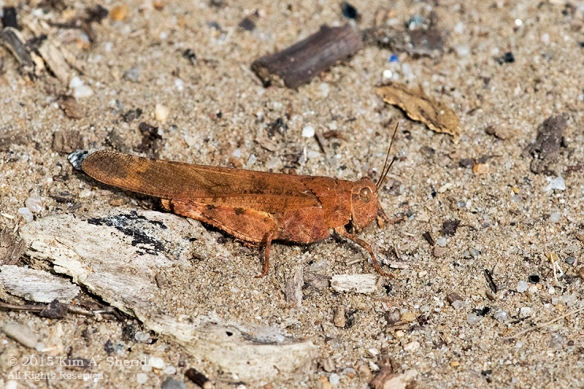










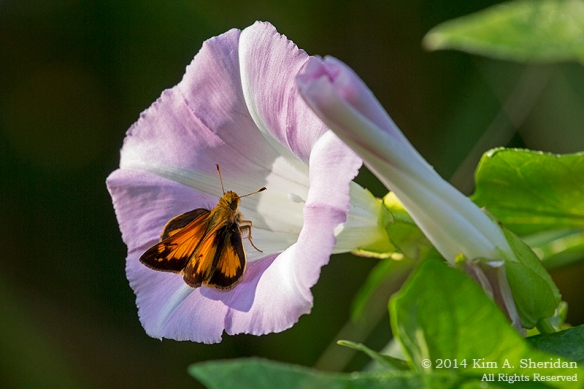


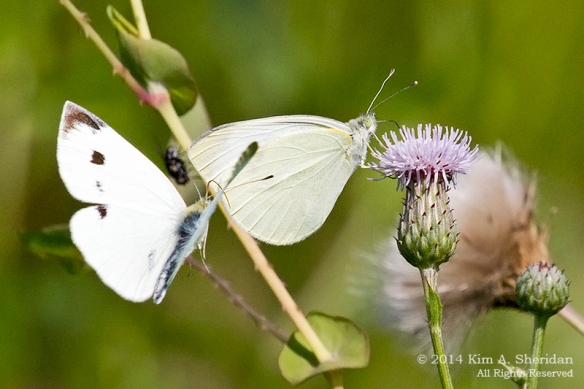















 Step from the forest cathedral, and other mysteries beckon the soul.
Step from the forest cathedral, and other mysteries beckon the soul.












